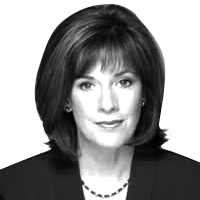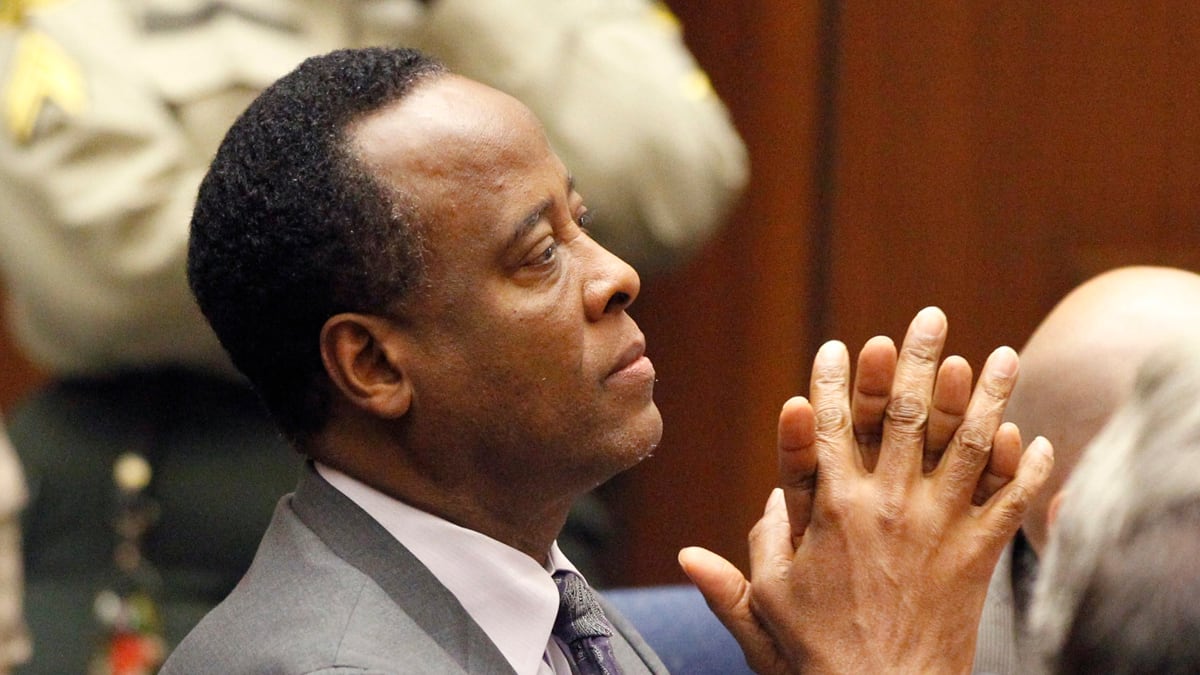It was clear that Superior Court Judge Michael Pastor had spent considerable time writing the pre-sentencing comments he delivered to the court right before passing sentence on Dr. Conrad Murray.
His lengthy yet thoughtful statement was peppered with highly charged phrases about the doctor’s conduct while serving as the personal physician to Michael Jackson: “Reckless,” “Dangerous to the Community,” and “Money-for-Medicine madness.” Pastor called it a “Horrific violation of trust (and) … a horrible cycle of medicine.” The judge outlined the string of Murray’s “lies and deceits” put forward to the pharmacist who provided the deadly propofol, Jackson’s staff, his concert promoters and, most important, to the first-responder paramedics and emergency-room doctors who were desperate to try to save Jackson’s life.
It was a certainty, said the judge, that Murray “Abandoned his patient … allowed his personal life to get in the way of caring for his patient.”
At one point Pastor’s folded hands seemed to tremble as he discussed his outrage at Murray’s making of a cell-phone recording of his famous patient as he lay in bed, clearly stoned and babbling about his upcoming This Is It! concert series. That a doctor would do that, the judge said, revealed a real failure of character.

“That tape recording was Dr. Murray’s insurance policy,” Pastor said. “It was designed to record his patient surreptitiously at that patient’s most vulnerable point.”
Pastor said he could see the potential blackmail possibilities if there had ever been a falling-out between the doctor and the pop star, and the temptation to sell the recording to the media.
The judge also highlighted Murray’s behavior and lack of remorse on a behind-the-scenes documentary made before and during the trial and broadcast on MSNBC shortly after the verdict. The program featured various interviews with Murray recorded as his case went forward. Murray was seen variously praying for God’s protection, denying he was guilty of anything, and suggesting that Jackson had “set him up” to provide nightly propofol injections when he really didn’t want to.
From the bench, Pastor said emphatically, “Yipes! Talk about blaming the victim!”
Murray’s lies, arrogant lack of remorse, and the calculated recording of his celebrity patient during an obvious time of duress factored front and center in the judge’s decision not to consider granting probation, as the law would have allowed him to do.
The Daily Beast has spoken with a prominent Los Angeles-based crisis manager/jury consultant who was contacted by defense attorney Ed Chernoff shortly after Jackson’s death in June 2009 to explore whether he could help prepare both the team and Murray for trial.
The function of many of these trial-preparation experts is twofold. The experts help the lawyers understand what kind of juror is most likely to vote for an acquittal, and they position the defendant in various positive situations to influence the jury pool.
This consultant, who wishes to remain anonymous so as not to negatively affect his future business, says he suggested Murray work in a soup kitchen or other charity, and that it would be arranged for him to be photographed doing good works. The idea was shot down by the defendant, and the consultant says he ultimately refused to work with the defense team because of the doctor’s imperial attitude.
“He had such an arrogant air about him,” the source said. “He acted like, ‘Don’t tell me what to do. I am a doctor!’ So I told Mr. Chernoff I couldn’t help them.”
The MSNBC documentary also revealed high anxiety and drama had developed between Murray and his own lawyers. At one point Murray is seen riding in a van at the close of a court day. He bitterly berates one of his lawyer’s questioning techniques and declares he could have done better himself. At another point in the hourlong program, the two main attorneys, Texas-based Chernoff and Michael Flanagan, angrily disagree on strategy, expletives are exchanged, and Chernoff moves out of Flanagan’s home to work from a local hotel room.
Even inside the courtroom, Murray was seldom seen speaking to his lawyers during the trial. The body language at the defense table fluctuated between stiff-as-a-board avoidance and utter defeat. Flanagan admitted to reporters after the sentencing that it was “probably a mistake” to cooperate in the production of the TV show. There is talk of an appeal for Murray on the ground of incompetent counsel.
Toward the end of Pastor’s lengthy pre-sentencing comments, he revealed he would like to have sentenced Murray to spend four full years in state prison. But that is not possible, as California’s prisons are massively overpopulated and under court order to grant early release to ease the problem. Murray will do his time, therefore, at the Los Angeles County Jail, nicknamed “The Towers,” where the sheriff, also under a court order to ease crowding, recently let actress Lindsay Lohan out of a 30-day sentence on a parole violation after just a few hours.
Most agree Murray will serve less than half his four-year sentence and could, in fact, be released in a matter of months.
Conceding he could do nothing about the prison problem, Pastor sent a final shot across the bow to others in the California medical community. “It should be made very clear that experimenting with medicine will not be tolerated. Mr. Jackson was an experiment. The fact that he participated in it does not excuse or lessen the blame of Dr. Murray, who could have said no and walked away as many others did.”
It was an obvious message to all doctors who are visited by the state’s celebrity faction and who give in to demands for narcotics and offer other questionable medical services. All those on the concierge-doctors list are hereby on notice: Prosecutors, buoyed by the Murray conviction and maximum sentencing, are ready, willing, and able to prosecute more errant doctors.





